Tinnitus, often experienced as a persistent ringing, buzzing, or even roaring within the ears, typically arises from internal ear damage that distorts the brain’s ability to interpret sound correctly. Whether induced by extended exposure to loud environments, gradual hearing loss, particular pharmaceuticals, or incidents of ear infections and head trauma, tinnitus can manifest in varying intensities and effects.
For some individuals, this auditory disturbance remains a transient inconvenience, fading with time. Yet, for others, continuous tinnitus profoundly disrupts sleep patterns and can provoke emotional disturbances such as anxiety or depression. When experiencing persistent ear ringing, seeking medical advice can be crucial to address both the tinnitus itself and its root cause. Multiple treatment modalities exist to help individuals alleviate symptoms and reclaim an enhanced quality of life, as per health.com.
Home-Based Approaches
Although an instant remedy for tinnitus remains elusive, introducing sound into otherwise silent environments can diminish tinnitus’ intrusiveness. Utilizing a white noise generator, a softly running fan, or calming ambient music may serve as a simple auditory distraction. Such techniques are categorized as sound masking therapies, and they’re especially beneficial when striving for restful sleep amid a nocturnal onset of tinnitus.
Evidence also links alcohol consumption and smoking with aggravated tinnitus symptoms. Although not a definitive treatment, abstaining or reducing alcohol intake might yield improvements, as smoking constricts blood flow and inflames inner ear tissues, which may heighten tinnitus severity. Individuals who smoke might find relief in diminished symptoms by choosing to quit.
Pharmacological Options
While no medications have received specific approval from the U.S. Food and Drug Administration (FDA) to treat tinnitus directly, certain drugs indicated for other conditions may offer symptom relief. Some options include:
– Antiarrhythmics: Tocainide hydrochloride, a treatment for irregular heartbeats, may improve blood circulation to the inner ear and reduce tinnitus symptoms.
– Antidepressants: Often prescribed to manage depression, these drugs modulate brain chemicals like dopamine, serotonin, and norepinephrine. Individuals experiencing severe tinnitus alongside depression may find relief from both issues through antidepressants. For instance, Pamelor (nortriptyline) has been found effective in mitigating both depressive and tinnitus symptoms, albeit mainly in those with pre-existing depression, as per health.com.
– Antihistamines: Designed for allergies, these medications alleviate congestion and inflammation, potentially easing tinnitus resulting from inner ear blockages.
– Anxiolytics: Known for addressing anxiety disorders, medications like benzodiazepines may facilitate better sleep, reduce anxiety, and stabilize auditory-processing neurotransmitters, which can alleviate tinnitus.
– Vasodilators: Drugs that widen blood vessels to manage blood pressure can improve blood flow to the auditory system, potentially reducing tinnitus symptoms, though results vary.
– Calcium Channel Blockers: These regulate calcium usage within cells, addressing high calcium levels linked to cochlear cell issues.
– Anticonvulsants: Primarily seizure medications, these may suppress overactive auditory pathways associated with tinnitus, although research yields mixed effectiveness.
Surgical Interventions and Medical Procedures
Typically reserved for cases where underlying conditions contribute to tinnitus, surgery may offer relief for specific individuals. Examples of relevant procedures include:
– Lidocaine Injections: Administered as a local anesthetic, lidocaine injections can attenuate overactive auditory responses.
– Lidocaine Iontophoresis: This procedure enhances lidocaine penetration using mild electric currents, potentially calming an overactive auditory system.
– Stapedectomy: Effective for cases linked to otosclerosis, this surgery replaces an abnormal middle-ear bone with a prosthetic.
– Endolymphatic Sac Shunting: Addressing fluid buildup associated with Meniere’s disease, this procedure can alleviate tinnitus, hearing loss, and dizziness, as noted by health.com.
Therapies for Long-Term Tinnitus Management
Various therapies targeting auditory and behavioral responses are regularly employed to manage tinnitus:
– Sound Therapy: Ranging from hearing aids to wearable sound generators, sound therapy either amplifies external sounds or introduces soft, continuous tones to mask tinnitus.
– Behavioral Therapy: Cognitive Behavioral Therapy (CBT) and tinnitus retraining therapy help individuals counteract the stress and anxiety triggered by tinnitus, fostering improved emotional resilience.
Complementary and Alternative Treatments
Although evidence remains largely anecdotal, certain alternative therapies are occasionally explored for tinnitus relief:
– Acupuncture: Rooted in traditional Chinese medicine, acupuncture involves placing fine needles around the ears, which may stimulate blood flow and reduce tension linked to tinnitus.
– Panax Ginseng: This herbal supplement has otoprotective properties, potentially safeguarding the inner ear from medication-induced auditory issues.
– Ginkgo Biloba: Often associated with improved blood flow and neural activity modulation, this supplement is occasionally used to manage tinnitus symptoms, though findings are inconclusive.
Strategies for Coping and Support Resources
Living with tinnitus can create a significant emotional burden, and stress exacerbates its intensity. Techniques such as mindful meditation, yoga, and deep breathing exercises may provide stress relief and reduce tinnitus-related distress. Additionally, support groups and specialized resources, such as the American Tinnitus Association and Tinnitus Talk, offer community and guidance to individuals managing tinnitus.
Preventive Measures
The most effective preventive approach for tinnitus involves protecting your hearing. Use earplugs or other hearing-protection devices in loud environments, such as concerts or workplaces, to avoid prolonged exposure to harmful noise levels.
When to Seek Professional Help
If tinnitus persists beyond a week or disrupts daily life, consulting a healthcare provider is advisable. An audiologist or ENT specialist can evaluate and address possible causes, such as earwax buildup or infections, and may order imaging tests to identify structural factors contributing to tinnitus, as per health.com.
In Summary
Tinnitus, the perception of internal ear ringing, affects individuals differently. While some find relief over time, others may struggle with ongoing symptoms. Treatments like sound therapy, behavioral interventions, medication, and stress management techniques may help mitigate its impact. Those experiencing persistent tinnitus should seek guidance from healthcare providers for tailored treatment approaches that can significantly improve their quality of life.

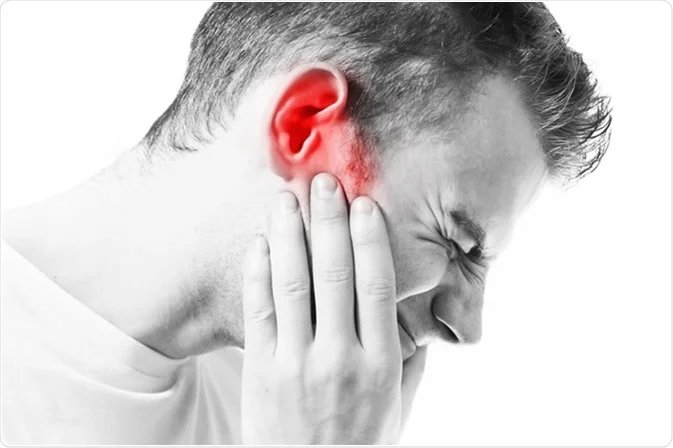
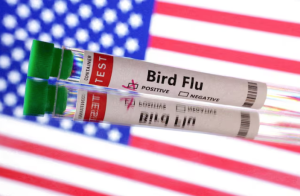




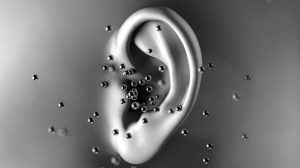

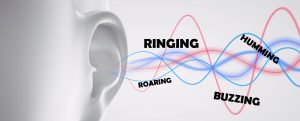

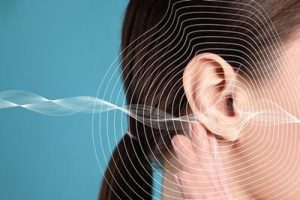
Be First to Comment